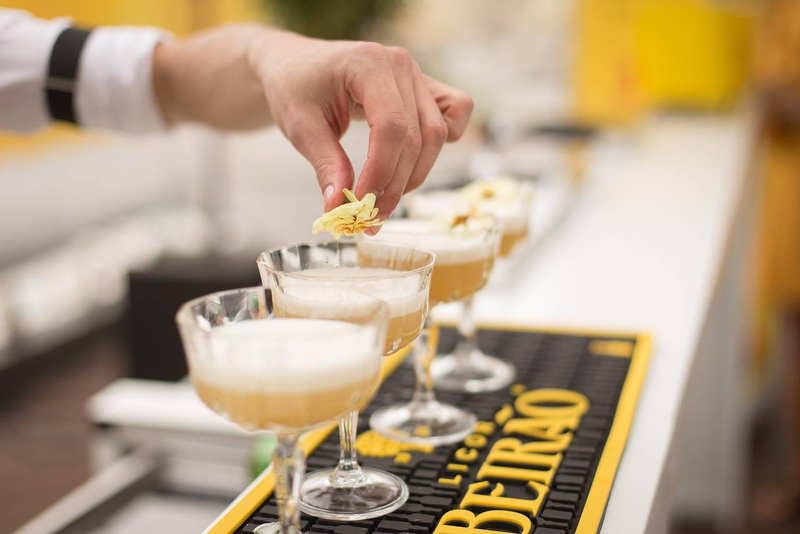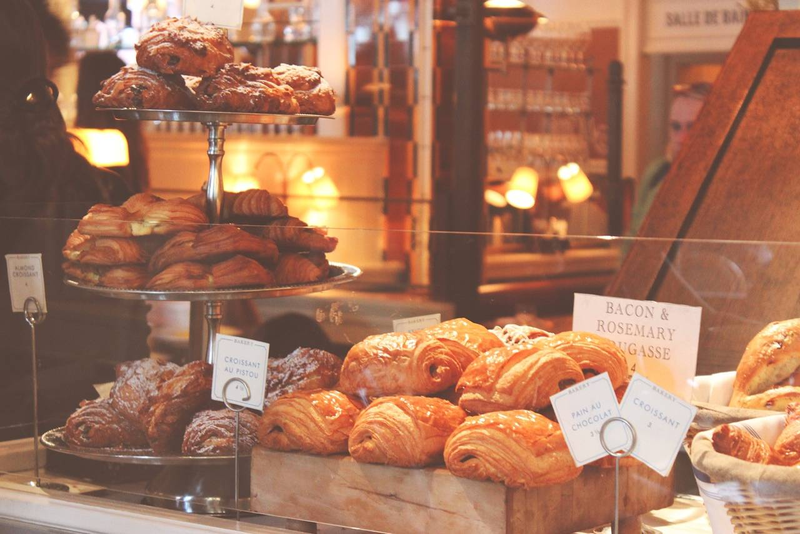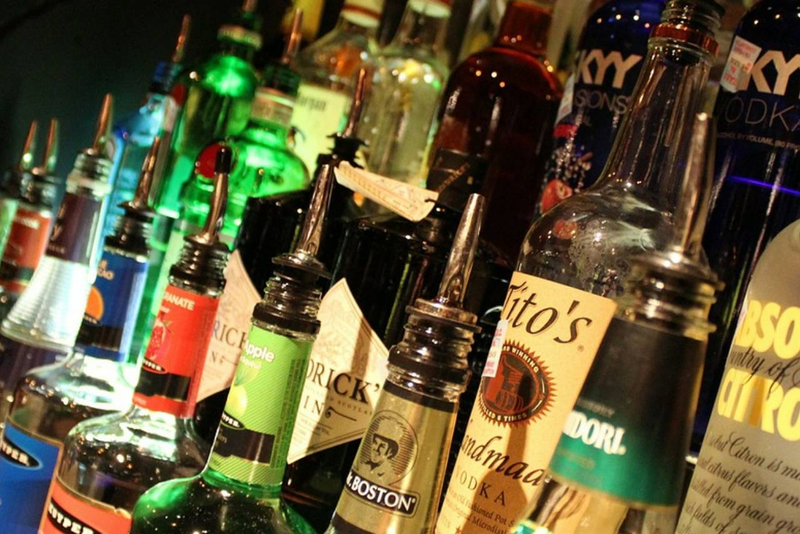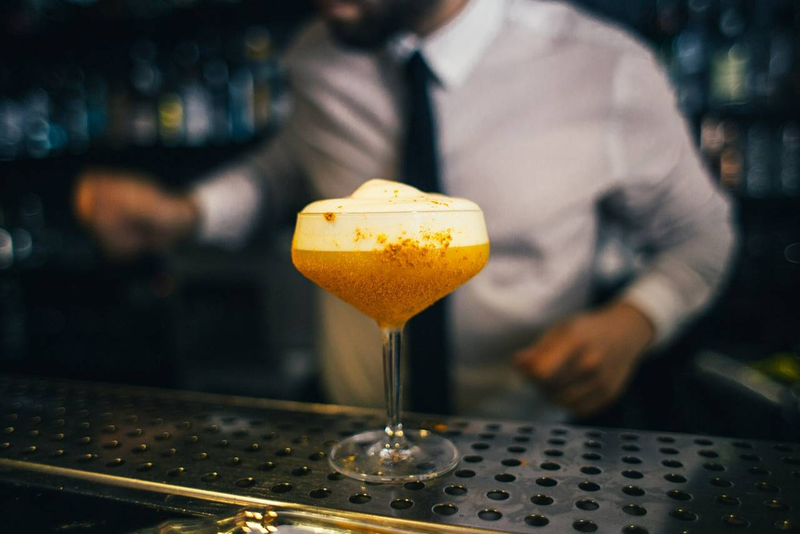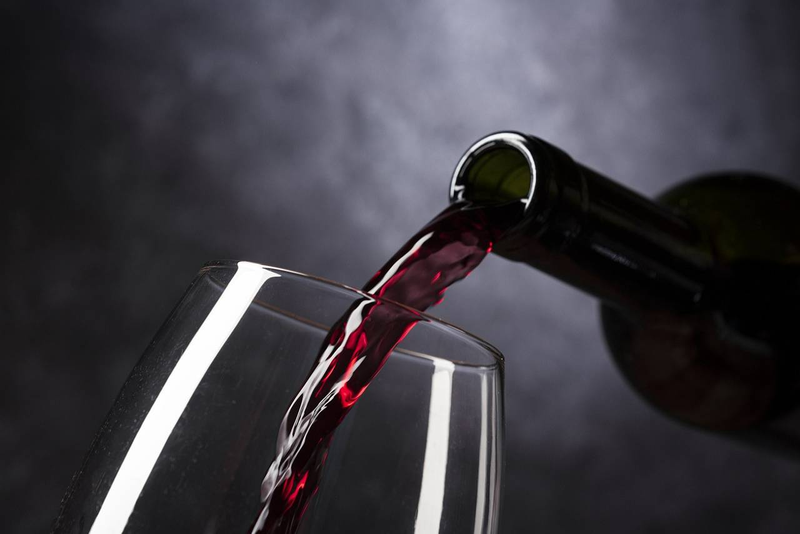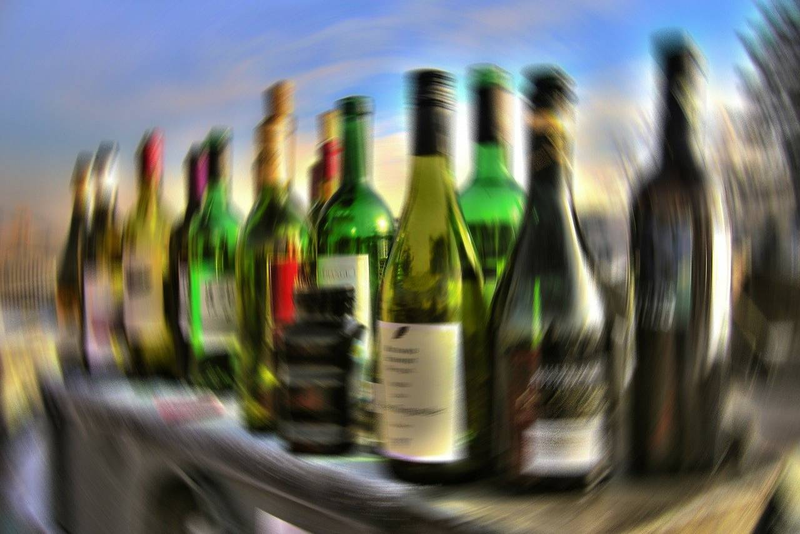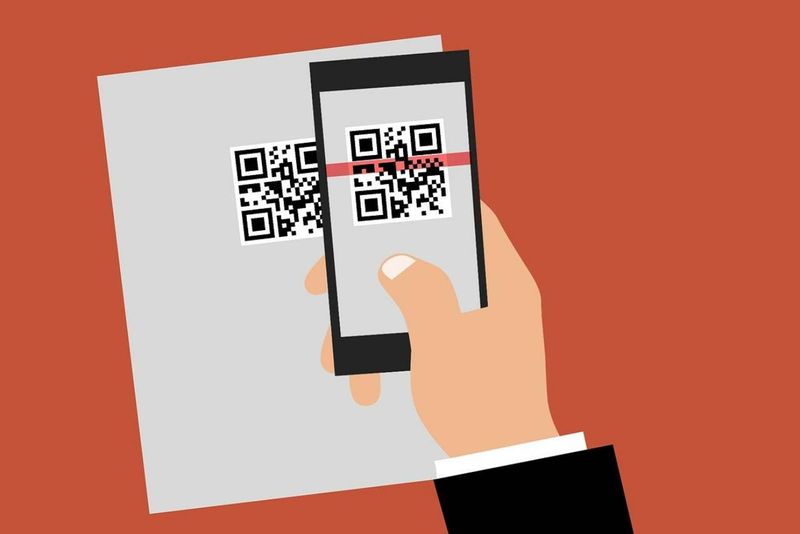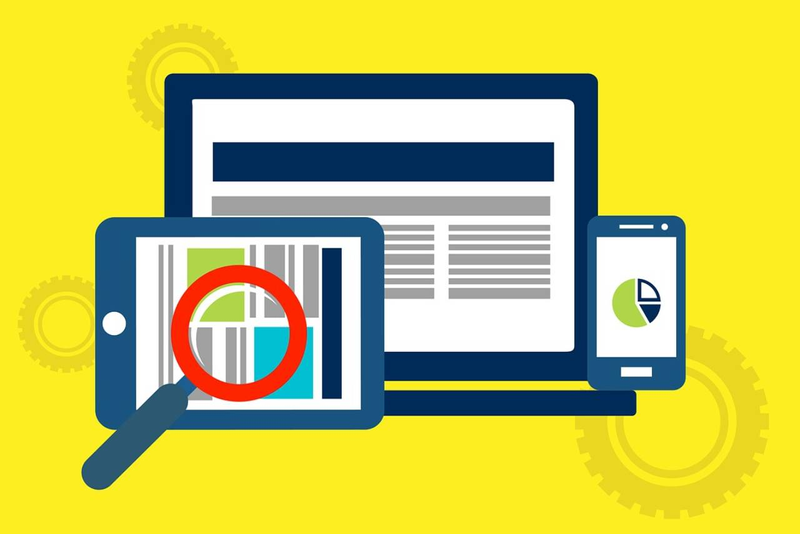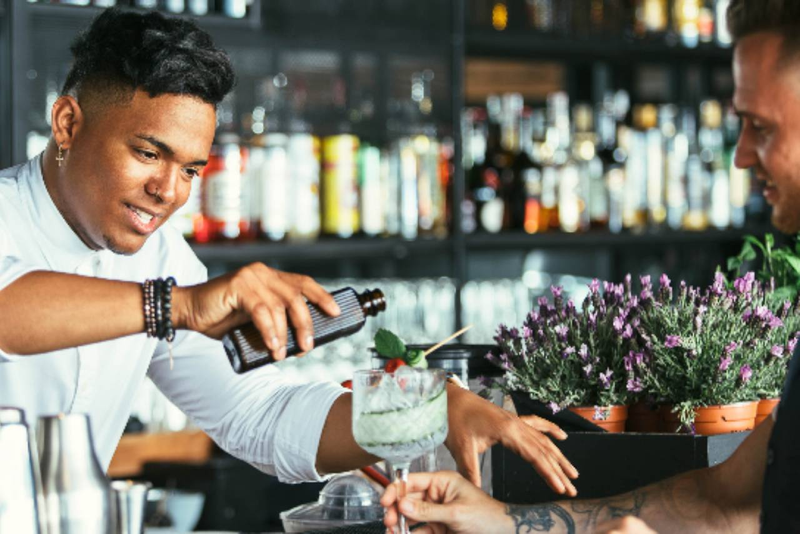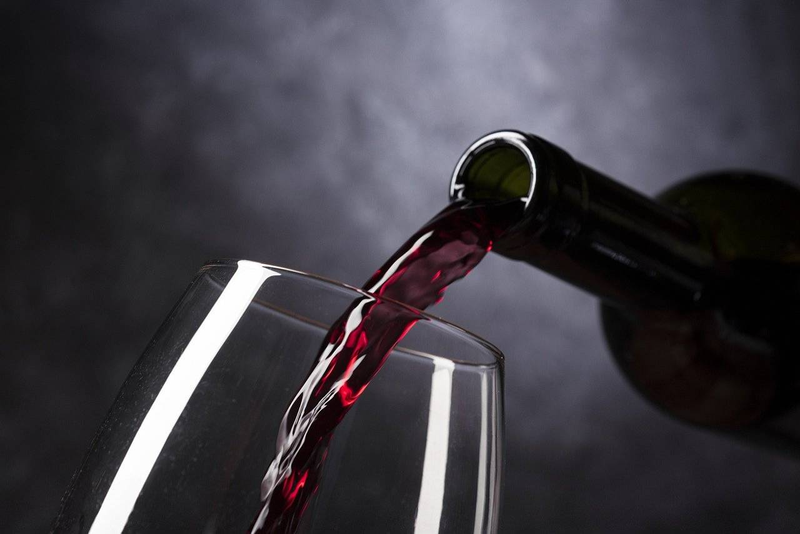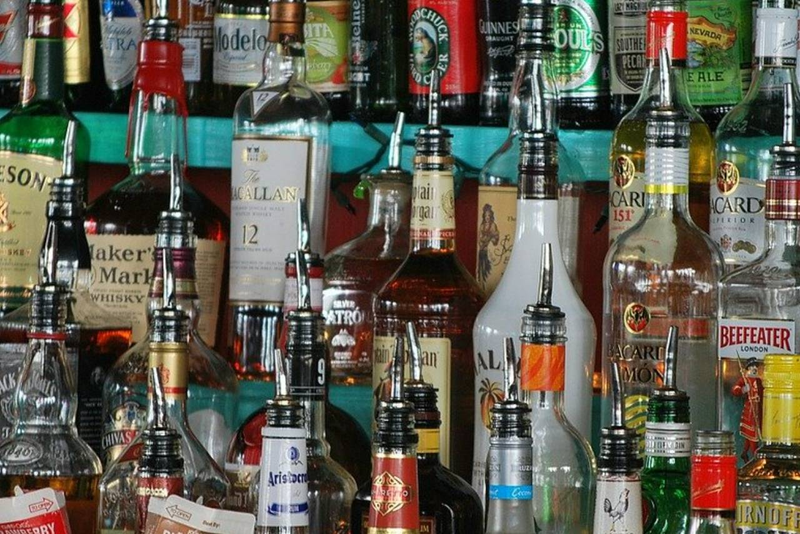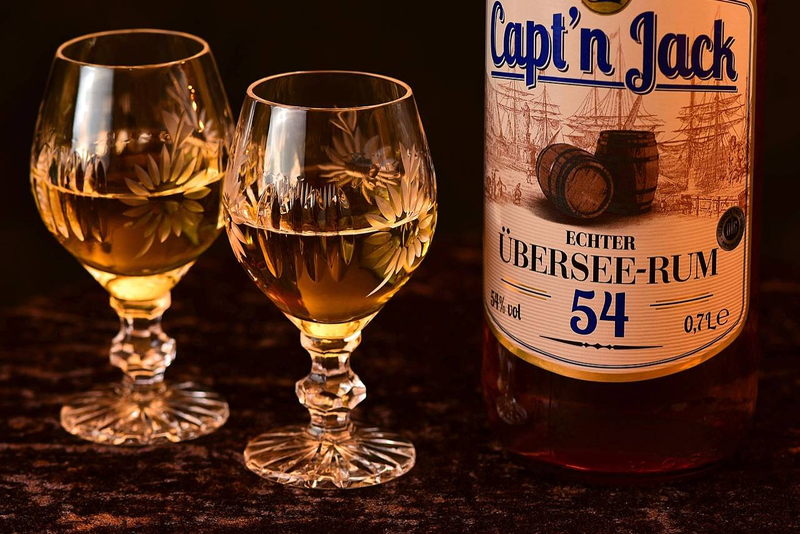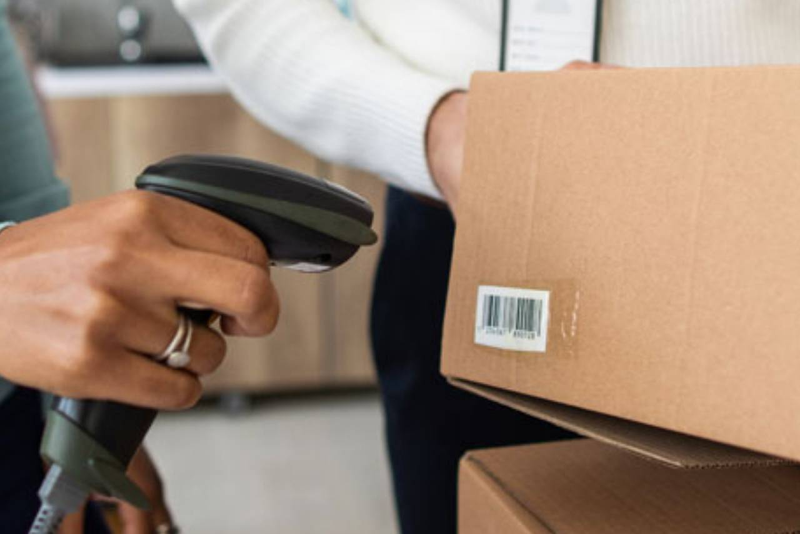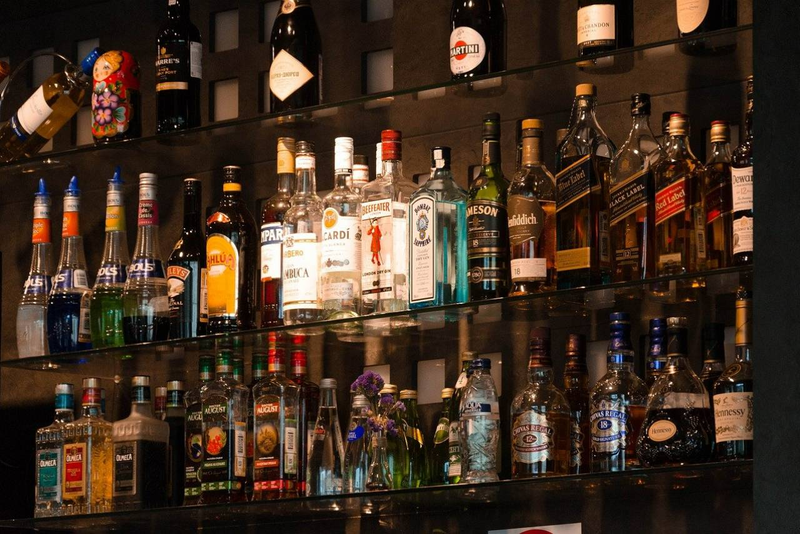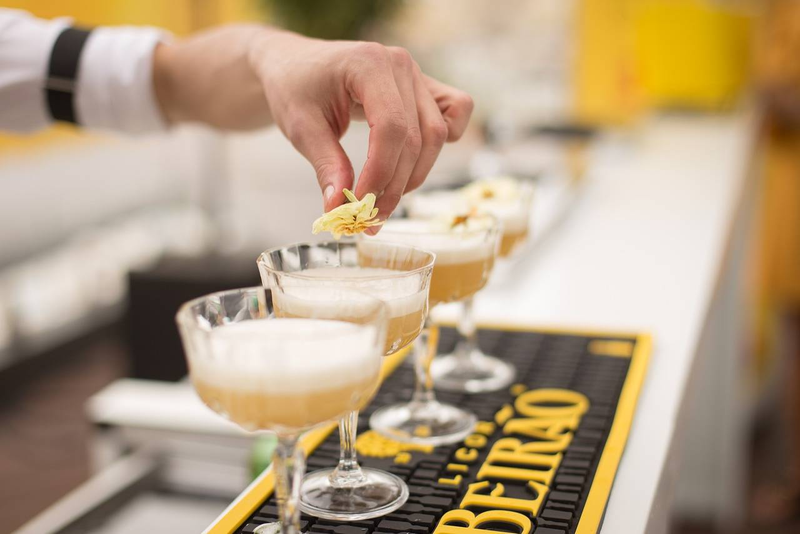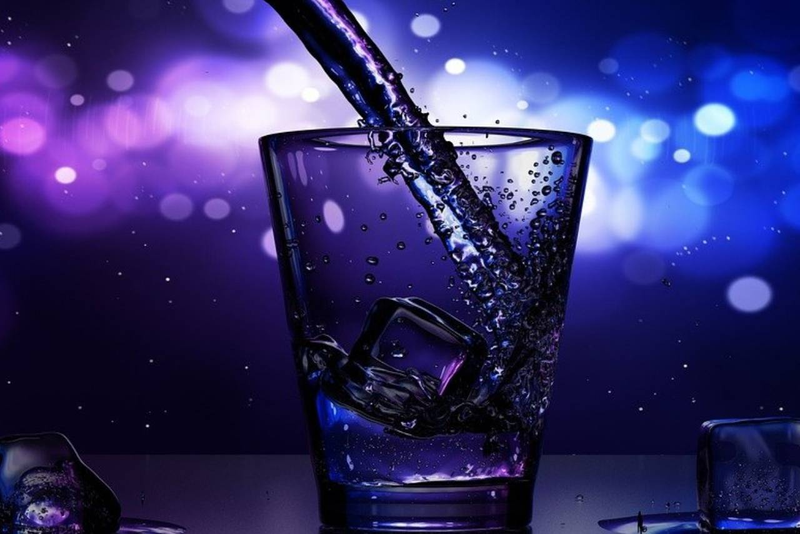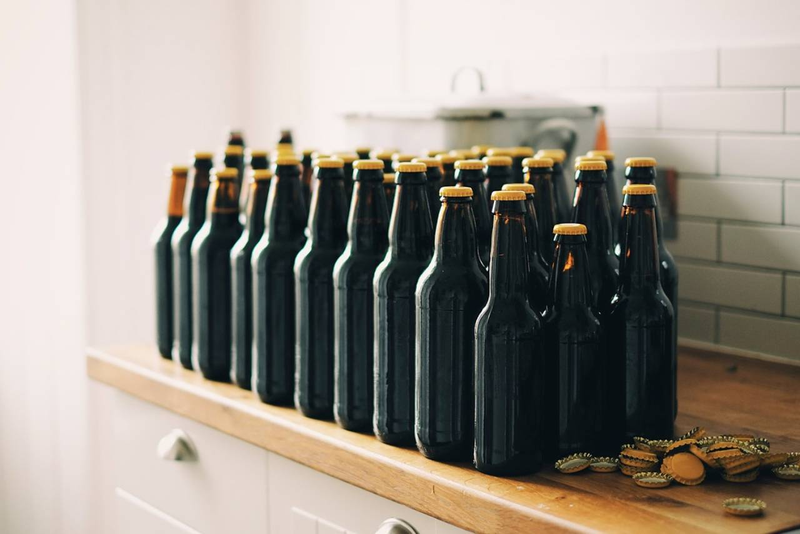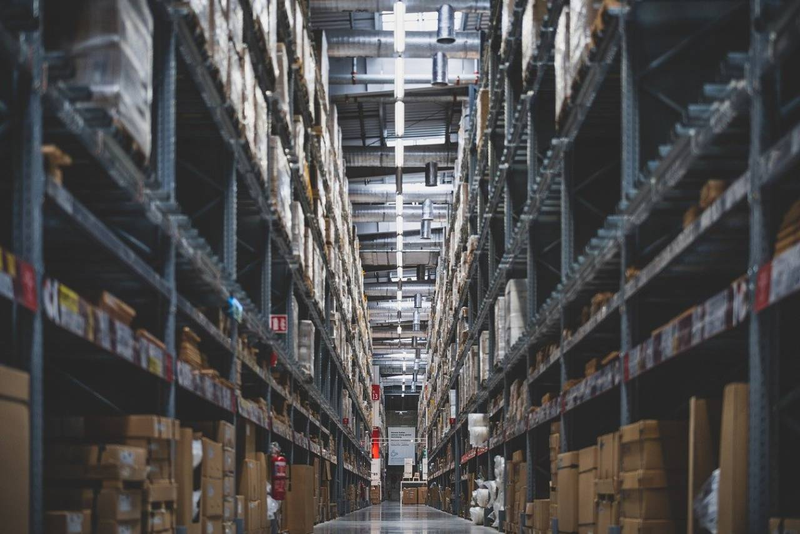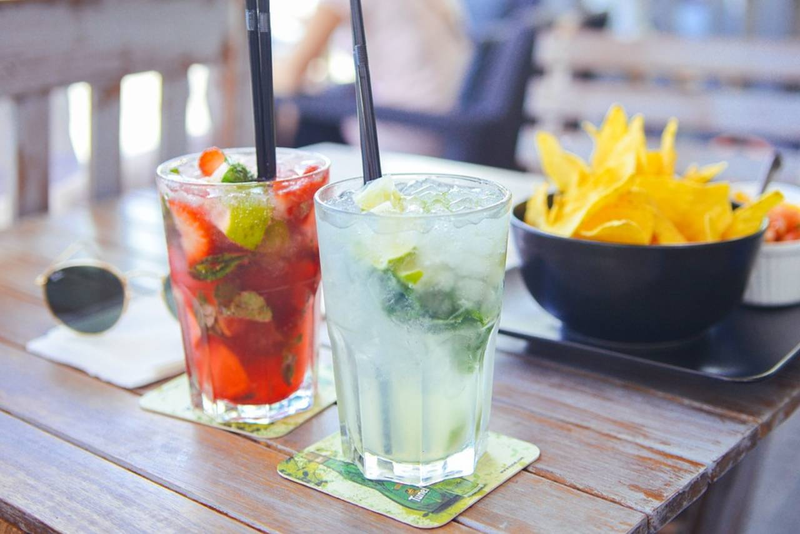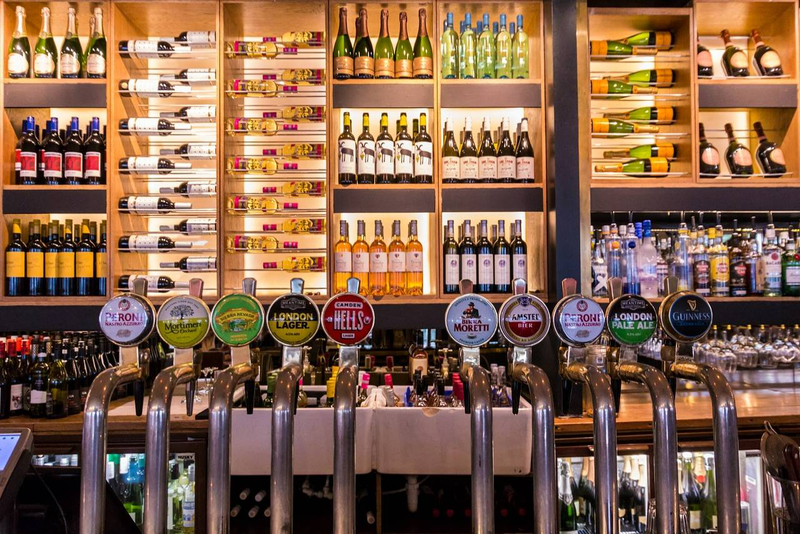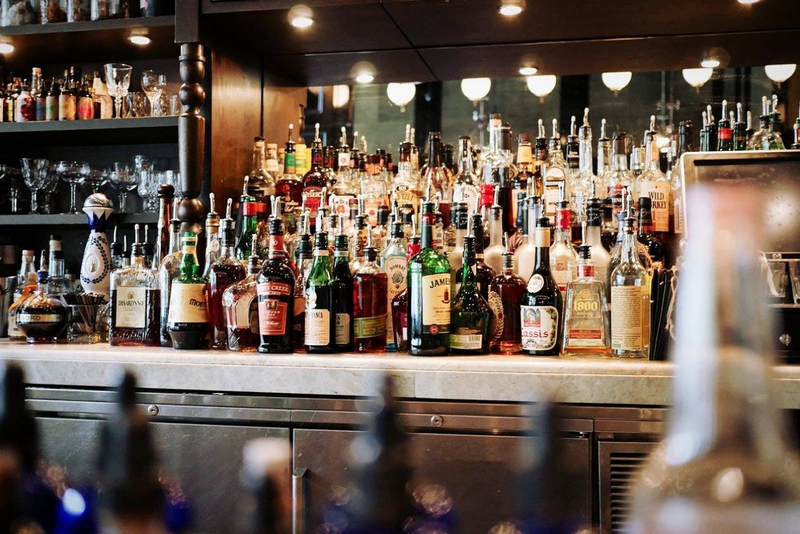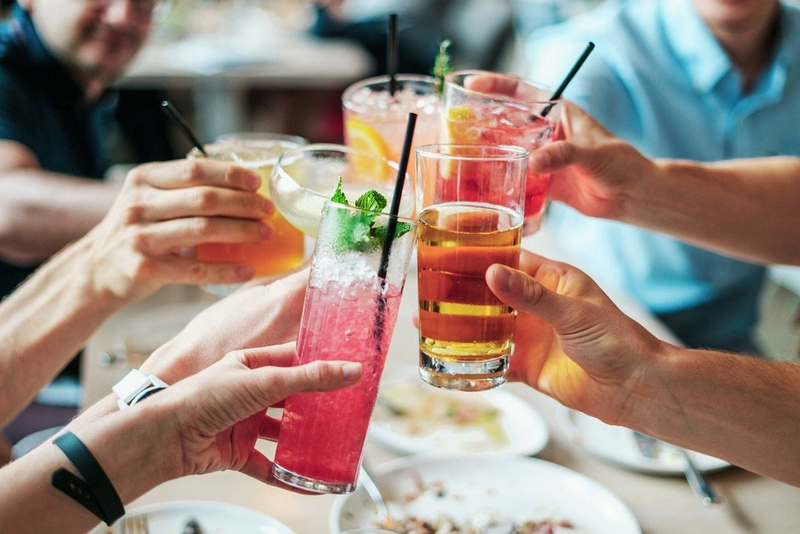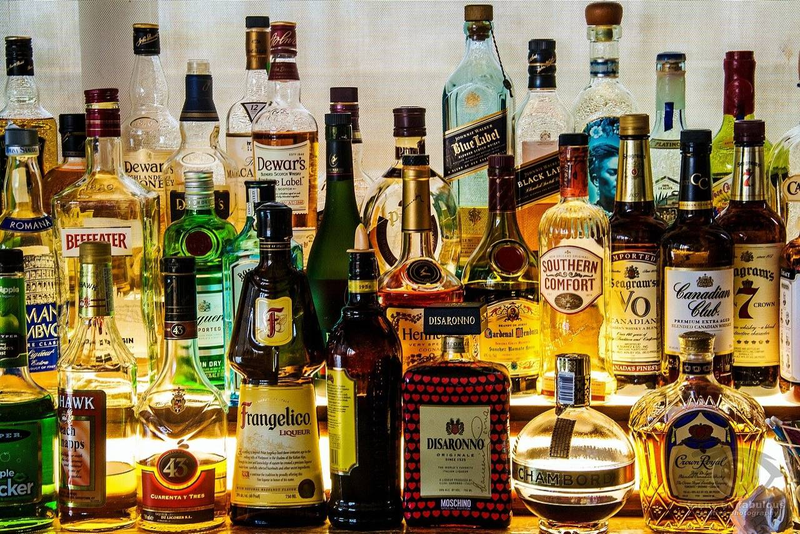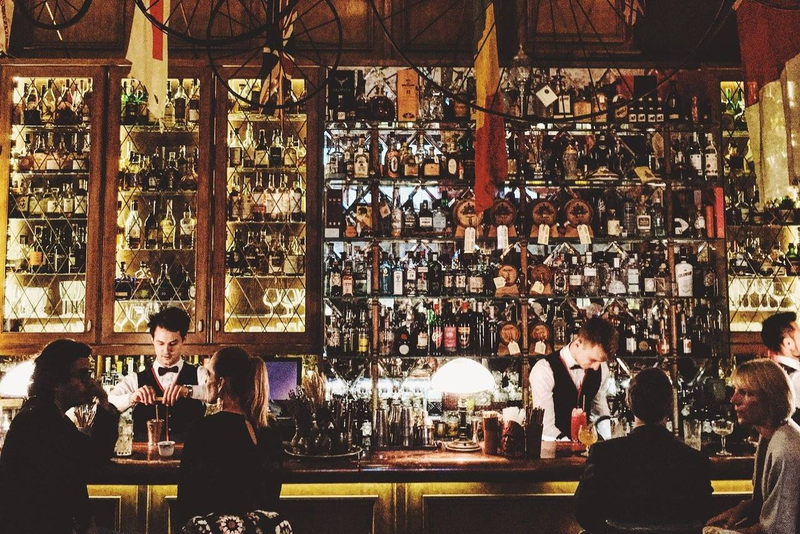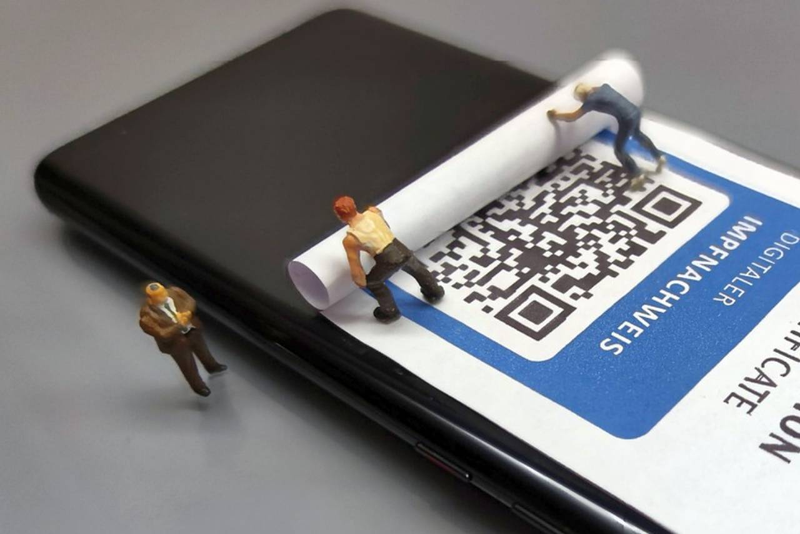What is liquor control states ?
States that control the manufacture, distribution, and sale of liquor are called the Control States.
The Complete Guide to Liquor Control States Laws
What is a Liquor Control State?
After United States abolished Prohibition that banned import, transport and sale of alcoholic beverage like beer wine in 1933, the authority to control liquor was passed on to individual state. As a result, the states were classified into two ones delegating the power local government to control the liquor sale and distribution, others allowing entirely through private retailers.
State exercising monopoly or full control over liquor distribution and sale are called control states or Alcohol Beverage Control states (ABC). There are 17 such states. In 1938 , National Alcohol Beverage Control Association or in simple words the liquor control association, was set up to support these states where government agencies control sale of liquor .
Why are there liquor control states?
Let's dive a little deep-
In the 1820s, the Temperance movement became popular in the USA. The movement aimed to discourage the consumption of liquor in America. In fact, it promoted complete abstinence from alcoholic beverage as its leaders cited ill effects on health and family life. It demanded new and a stringent liquor policy that can keep the cork tight. During this time, several states exercised full control over when and where liquor could be sold. Taking a notch higher, states like South Carolina started operating state-run dispensaries to monitor the beverage sales.
It was in 1933 when the United States of America shrugged off the effect of the Temperance movement and repealed National Alcohol Prohibition. And that's when two categories were alcoholic Beverage Control states and free states were formed.
To keep liquor consumption in check, ensuring a healthy society, some states decided to follow a liquor control strategy. In these states, respective department alcoholic beverage control regulates the sale and distribution of liquor.
For instance, in a non-ABC state like California, you can pick your favorite wine spirits bottle, while shopping after shower lotion at any drugstore. However, in an ABC state like Alabama, Idaho, you will have to go to a dedicated state-run liquor store to pick tequila for your late-night party. There are no marketing strategies like limited period offer or discounts or anything that boosts the purchases of alcoholic beverage in these states.
In fact, these stores operate at the timings decided by the local department liquor control. And in most of the control states , liquor stores are shut on public holidays. While they are open for limited hours on weekends.

As a business owner, you need to make sure that you are following the laws and regulations of your state.
How do you know what you need to do?
Some examples of liquor control states are CA, PA, Utah, and Virginia.
There are 17 Alcoholic Beverage Control states. They are-
Alabama- Has state-run liquor stores or on-premises establishments with special off-premise licenses as stated by Alabama Alcoholic Beverage Control Board.
Idaho- Exercises monopoly on sales of alcoholic beverages with ABV above 16%.
Iowa- Iowa Alcoholic Beverage Division controls liquor here. Beer wine can be sold by private retailers.
Maine- Maine State Police's Liquor and license Division looks after licenses to the manufacturer, import, storage, and sale of distilled spirit. However, beer wine can be sold via the private sector.
Michigan- Maintains monopoly over wholesales of distilled liquor. However, liquor laws do not allow states to own retail liquor stores.
Mississippi- Allows private wine spirits outlets licensed by the state and also operates monopoly over sale and distribution of the two.
Montana- Harbours state contracted liquor stores.
New Hampshire- Here, you can get beer wine easily at supermarkets. Distilled liquor like rum, whiskey is sold only at state-run liquor stores.
North Carolina- You can add beer wine to your trolley when out grocery shopping at a supermarket or convenience store. Distilled spirits or hard liquor like brandy or whiskey will only be available with Alcohol Beverage Control regulated liquor stores.
Ohio- Private businesses with state contracts can sell spirituous liquor. Low-proof liquor, beer wine can be sold by Contract Liquor Agencies, and bars or restaurants.
Oregon- Beer wine is easily available at supermarkets. Other liquor can only be sold by state-controlled agents.
Pennsylvania- All types of liquors are sold only and only by Pennsylvania Liquor Control Board.
Utah- All alcoholic beverages with ABV over 5% are sold in state-run stores. Pennsylvania & Utah are states known for strict control policies.
Vermont- Only state contracted and ones with state's licenses permits can operate liquor stores.
Virginia- State-run stores controlled by Alcoholic Beverage Control Authority sell distilled spirits. Beer wine can be shopped from supermarkets or convenience stores.
West Virginia- Does not own or operate any retail outlets, however, maintains a monopoly over wholesales of distilled spirits.
Wyoming- Does not operate any retail liquor stores, but exercises a monopoly on wholesale importation. All state liquor licenses permits must be issued by the state licensing bodies.
You may need to know-
** Maryland as a whole is not a control state. Only Montgomery County has to abide by some control liquor laws. Currently, it has 25 and only off-premise liquor stores. However, beer wine stores are run by private businessmen.
** The California state constitution prohibits government or related departments to involve in the manufacturing and selling of alcoholic beverages.
What are the different types of liquor control states?
These 17 control states are further divided into two categories-
1. States that controls all the liquor stores-
Alabama
Idaho
New Hampshire
North Carolina
Pennsylvania
Utah
Virginia
2. State that control distribution to private businessmen or retailers- The rest of the ABC states
How do you apply for a license in a liquor control state?

The procedure for applying licenses permits for state liquor sales varies from state to state. So, let's take a look at some of the basics and commons in any control state -
First, comes the paperwork. Fill the pre-application or application form (depending on your state) of liquor license. Do not forget to carry an identification card, written approval from the local governing body.
Then submit all these documents, with the required fee to the liquor control board of the respective state. For instance, if you are in Alabama, then contact the Alabama Alcoholic Beverage Control Board.
Now, you can even fill the application and attach the documents online.
** Application requirements differ by the business you require a license for (For instance, you may need more papers if you want to Run Bar and apply for its license compared to those needed with restaurant's application form)
**Fee varies from state to state. In Alabama, license may cost you from $100 to $1,000, depending on the type of license you need. In Virginia, application form for on-premise retail outlet carries Rs $195 as fee.

Are you looking to open a bar in a liquor control state?
You might be wondering what the laws are for liquor control states.
What are the benefits of a liquor control state?
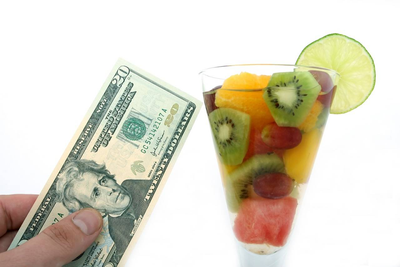
- Liquor business has a good profit margin. So, state-run stores can earn revenue for the respective state. The local government can use this money to provide better education and health facilities to the residents at a reasonable cost.
- States that control sale , distribution or manufacture of liquor ensure that limited number of stores get the license for liquor sale . Lesser the number of stores, tougher the access becomes. Consequently, restricting the alcoholism in the state.
- Similarly, control states also enjoy the power to fix liquor price. The states often price them higher to keep sales in check.
What are the disadvantages of a liquor control state?
Too Expensive
Public health, a clean society and a reduced Alcohol Consumption come with a certain cost. Liquor stores in Alcoholic Beverage Control states function as per the timing fixed by the department liquor or local government. In most of the places, these outlets remain shut on public holidays and operates for limited hours on Sundays.
They are neither allowed to promote sales of alcoholic beverages by offering discounts or buy one get one free' schemes .
All these factors can disrupt sales of the business, leading to lower revenues.
Quick tip- You can easily track your sales using a Bar Pos (Point of sale system)
Not-So Business Friendly-
Liquor control states have strict licensing norms. Small new distilleries and breweries and find it difficult to fulfill these requirements.
Small new distilleries and breweries and find it difficult to fulfill these requirements and thus are not comfortable to apply for Liquor License .
Also, the states decide what type of liquor can be sold where and to what extent you can have Liquor Inventory . In such a case, bottles from new breweries might not be able to get a place on your supermarket shelf.
These rigid guidelines discourage fresh business ideas.
Click here to know about Pour Spout


